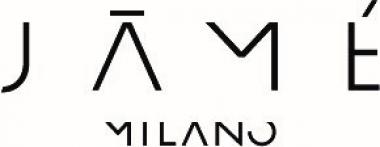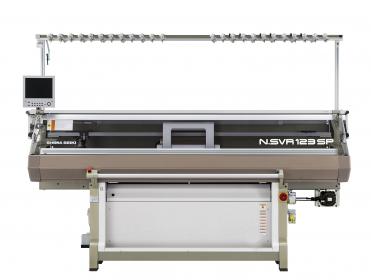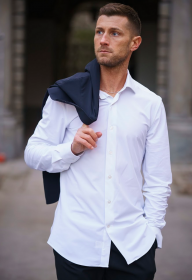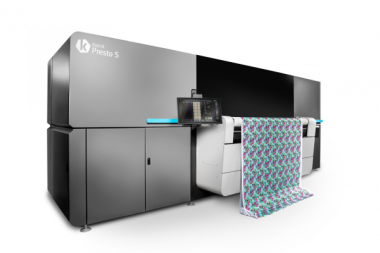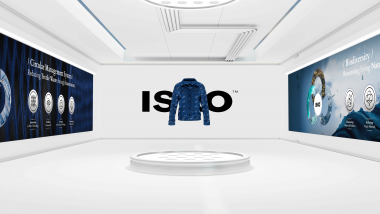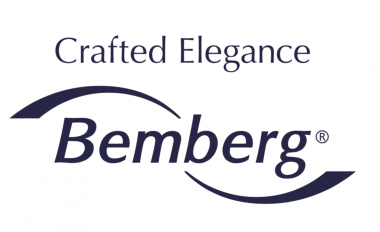Jamé: A fluid-wear collection made with Bemberg™ by Asahi Kasei
Jamé’s concept.
Jamé is inspired by the ancient Pay-Jamé: a piece of clothing that a woman or a man used to wear for fluid wellbeing 24/7 regardless of the activity, or the location, or duration time it is needed for. It’s a comfy refined outfit to make people feel free.
Jamè’s values.
Jamé is designed and made in Italy, digitally printed and created to deliver wellness, style, and 24/7 comfort.
Jamé’s fabric of choice is Bemberg™, a textile that gives Jamé the highest contemporary qualities: Jamé garments are cool in summer, warm in winter, perfect all year round, fashionable, trendy and versatile. The ideal companion for everyday activities, Jamé is perfect for both indoors and outdoors, the perfect outfit for every occasion, day or night.
Environmental responsibility.
Every Jamé clothing is 100% recyclable and manufactured following a very contemporary and responsible made-to-order business model. The latest and greatest digital print technology assures us to avoid waste and over-production.
This means endless customization possibilities, creating a long lasting, high-quality product.
Styling.
Thanks to the expertise and knowledge of its founders Patrizia Marforio and Niccolò Zucchi Frua, Jamé’s vision is deeply rooted in the Italian design and textile tradition.
Jamé's historic archive - made up of more than 17.000 different textures from the 1920s to present day - seamlessly translating into the widest and deepest pattern choice in this one-of-a-kind collection.
Jamé’s fabric of choice:
Bemberg™ is the name of a technologically advanced fiber produced by Asahi Kasei. Bemberg™ is based on regenerated cellulose fiber made from the smart tech transformation of cotton linters.
As a pre-consumer material obtained from the manufacturing process of cotton seeds oil that is converted into fiber through a traceable and transparent closed loop process, Bemberg™ DNA is deeply based on a circular economy approach.
Bemberg™ is gentle on the skin, with amazing touch and exceptional moisture management properties: it quickly absorbs and releases moisture through very small waterways, keeping the wearer cool, fresh, and comfortable at any time of the year.
C.L.A.S.S


